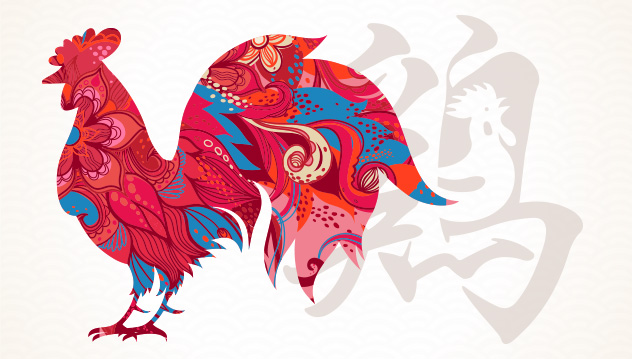To celebrate the Chinese New Year – which this year is represented by the sign of the Rooster – we’ve decided to take the opportunity to talk about what Chinese folklore considers to be one of the Rooster’s main virtue: Honesty.
Whether you are a current employee or actively searching for a job, honesty is a fundamental element of professionalism and a valuable personal trait – read on to find out how to apply it effectively!
During the job search
When searching for a new job, the first thing you need to do is be honest with yourself. Think about what you really want to do – not just in your next position, but also in the long term. Don’t apply for jobs based solely on your previous experience or training you’ve received, because while these elements are obviously a part of your CV, they should be presented as part of a bigger picture showing where you are headed in your life and career. By pursuing new opportunities in the context of long-term goals, you’ll be able to remain optimistic and focused no matter what challenges you might face along the way.
It’s equally important to be honest on your CV and during job interviews. Embellishing your achievements or pretending to possess skills or competencies that you don’t is taking a huge risk. Jean-Philippe D’Amours, human resources expert at Jobboom, says that if you give a weak answer to an interview question that is based on your stated experience, it will put the rest of your claims in doubt.
Besides, even if you do manage to land a job by misrepresenting your skills, you certainly won’t be able to fulfill the tasks of the position. In this case you will have wasted your time, the employer’s time, and tarnished your own reputation.
During interviews, recruiters often ask some standard questions about a candidate’s strengths and weaknesses. When asked these questions, focus your response on how you present yourself instead of trying to distinguish yourself by the content of your answers. It’s preferable to talk honestly about your weaknesses (and the solutions you apply to address them) than it is to answer such questions by saying that you are “a perfectionist” or that you “work too hard”.
In the workplace
Whether you’re an employee, manager or CEO, being honest with your colleagues and owning your mistakes are foundational to strong professional relationships – relationships that contribute to an environment of confidence and lead to a great working atmosphere, increased productivity and improved morale for all workers.
If you are in a leadership position, honesty – as a quality and a policy – is paramount. In 2016 and 2017, the Edelman Trust Barometer showed that honesty is the most important quality of a company in the eyes of employees, a finding that was confirmed by respondents in countries around the world. Managers who aren’t able to demonstrate honesty and trustworthiness degrade confidence in a company, a situation that can contribute to employee absenteeism or a high rate of turnover.
All that being said, remember that being honest doesn’t mean being impolite or abrasive to your colleagues or superiors. Never forget that you can be honest while still being humble, courteous and polite!


Leave a Reply